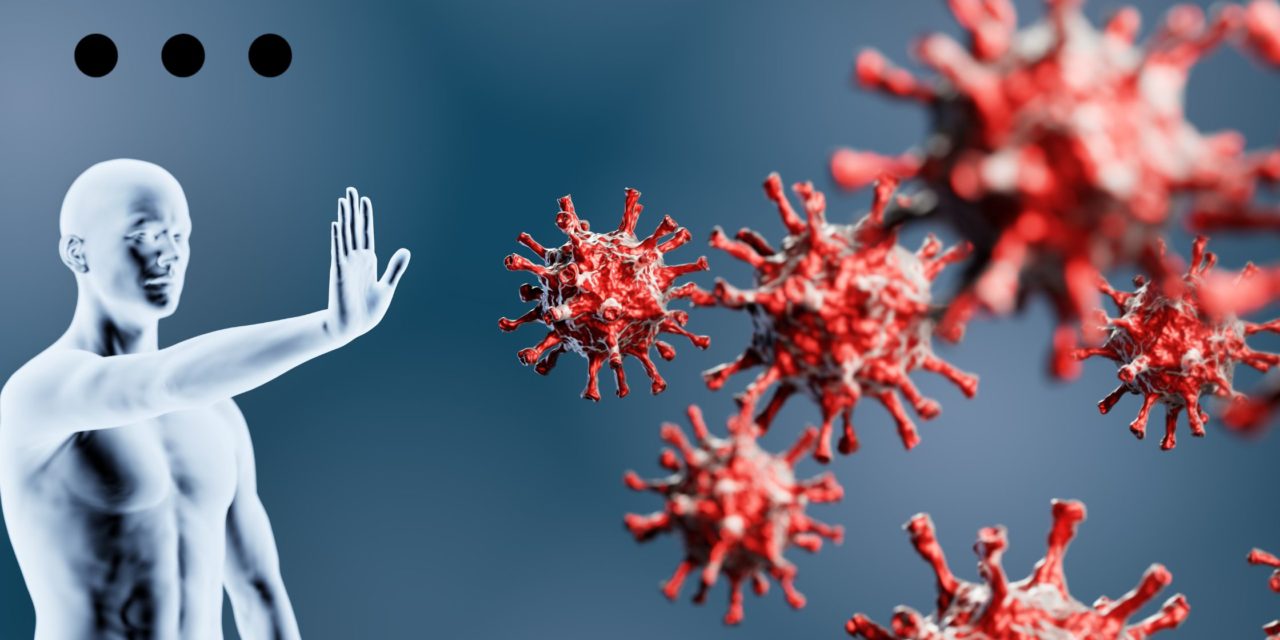Heavy drinking, especially long-term heavy drinking, has seemingly endless adverse effects on your health. One is the complex damage it does to your immune system, the series of organs that work together to protect you from disease.
This article will explore the harmful mechanisms alcohol unleashes in our bodies. These mechanisms lead to immune system damage and diseases. Finally, we’ll consider how much time it may take you to recover from alcohol abuse.
How Does Alcohol Affect The Immune System?
Our immune systems have two main components: the innate and the acquired.
We are born with the innate immune system, which acts as a general physical barrier to prevent harmful germs and parasites from entering the body. Its components are the eye’s cornea, the skin, and the mucous membrane on the surface of our respiratory, gastrointestinal, and genitourinary tracts.
The acquired immune system evolves throughout our lives and is specialized in specific threats. Exposure, vaccines, and immunizations train the acquired immune system to recognize and protect against diseases. Multiple organs comprise the developed immune system, including the bone marrow, the tonsils, and the spleen.
Alcohol weakens both components of the immune system, the innate and the acquired, in complex ways.
Regarding the innate immune system, heavy alcohol consumption causes microbes and microbial products from the gastrointestinal tract to leak into the liver. This leakage, in combination with the challenges alcohol poses for the liver, dysregulates its immune-related functions. Over time, this dysregulation could lead to liver disease.
There is, of course, much more to say about the disruptive mechanisms alcohol unleashes in the immune system. The point is that chronic heavy drinking leads to the deterioration of every organ in your body, including those that protect you from threats such as excess alcohol. A weakened immune system makes you much more vulnerable to all diseases.
Effects Of Alcohol On Your Immune System
The following are a series of specific adverse effects alcohol causes in your body, both short- and long-term.
Short-Term Effects
- Gut inflammation and gut microorganism damage. Our gut’s good health is essential for overall health.
- Damage to the lungs’ immune cells.
- Disruption of physical barriers in the gut allows threats to pass through and affect us.
- Decreases the intestines’ capacity to absorb nutrients. Poor nutrient absorption may lead to poor overall health and increased vulnerability to illness or disease.
Long-Term Effects
- Greater risk of suffering from pneumonia, acute respiratory stress syndromes (ARDS), sepsis, and alcoholic liver disease (ALD)
- Incomplete recovery from infection and physical trauma, such as poor healing from wounds
- Higher chance of suffering post-operative complications
- Hepatitis C and B
- Urinary tract infection
- Meningitis
- Lung abscesses
- Empyema
- Overall adverse effects on every organ of your body
How Long Does Your Immune System Need To Recover From Alcohol Abuse?
This is a complex question with a different answer for everyone. Everyone has a different body that reacts in various ways to toxins like those generated by chronic alcohol abuse so everyone will have a different timeline.
For a more specific answer, a study on alcoholic hepatitis may suggest that a year could be a reasonable timeline for some chronic heavy drinkers. The researchers monitored three groups of participants for up to 12 months. Patients with alcoholic hepatitis comprised the first group, heavy drinkers without liver disease comprised the second, and the last group was a healthy control group.
By monitoring biomarkers of inflammation and the ability to overcome infections, researchers found that alcohol abstinence reversed most, but not all, of the immunological abnormalities.
Remember that this study may not be the best comparison point, given that alcoholic hepatitis is relatively rare among heavy drinkers. However, 12 months of sobriety could be a reasonable timeline for recovering alcoholics to start seeing some improvement in their immune systems.
Alcohol Abuse Weakens Your Immune System
A growing body of evidence indicates that alcohol significantly suppresses every component of our immune system. Everything is affected, from our skin to the microscopic cells that hunt down and eliminate threats in our bodies.
Sobriety is the best medicine for the effects of chronic heavy drinking. Still, some recovering alcoholics may need more specific medical treatment for the effects alcohol has caused on their health.
If that’s the case for you, speak to your doctors and explore available treatment options. The priority is getting healthy and setting the stage for long-term sobriety.

